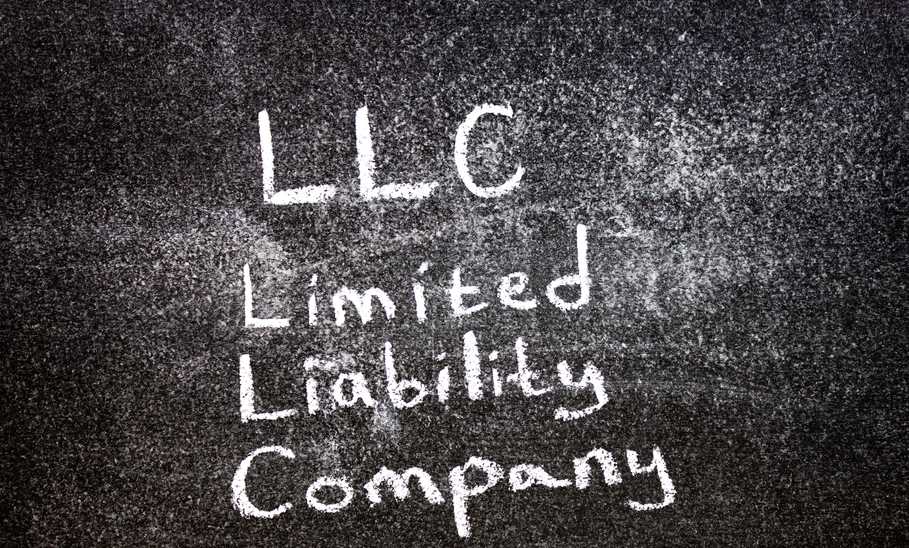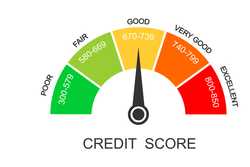The Sunshine State offers easy access to the East Coast and is a gateway to Latin America, making it a strategic location to start or grow a business. Florida also provides one of the more favorablebusiness tax climates in the U.S., withno personal income tax and a moderate 5.5% corporate tax. If you're wondering how to start an LLC in Florida, here's what you need to know.
Found is a banking app built for the self-employed
Fees
Free plan: $0; Plus Plan: $19.99 monthly or $149.99 annual best value; Other fees may apply*
Features
Business checking account; Mastercard debit card, Helpful tax saving tools; User-friendly bookkeeping support; Easy contractor payments; Professional and customized invoicing; No required monthly fees*
Best for
Self-employed individuals; Freelancers; Sole proprietors; Single member LLCs; Gig workers; 1099 Contractors; Small business owners
Found is a financial technology company, not a bank. Business banking services are provided by Piermont Bank, Member FDIC. The funds in your account are FDIC-insured up to $250,000 per depositor for each account ownership category. The Found Mastercard Business debit card is issued by Piermont Bank pursuant to a license from Mastercard Inc. and may be used everywhere Mastercard debit cards are accepted.
*Advanced, optional add-on bookkeeping software available with a Found Plus subscription for $19.99/month or $1149.99/year. There are no monthly account maintenance fees, but transactional fees for wires, instant transfers, and ATM apply. Read more here.
Florida LLC state and federal tax requirements
State and federal income taxes
By default, LLCs are pass-through entities, meaning each member (not the LLC itself) reports their share of LLC-related income on their state and federal income tax returns. Florida doesn't impose a state income tax, so members pay only federal income taxes.
Federal self-employment taxes
LLC members in Florida (and elsewhere) pay the 15.3% federal self-employment tax, including 12.4% for Social Security and 2.9% for Medicare.
Corporate taxes
An LLC classified as a corporation or partnership for Florida and federal income tax purposesis required to file a Florida corporate income/franchise tax return and pay the 5.5% corporate tax.
Name your Florida LLC
A Florida LLC name must be "distinguishable on the records of the Department of State" and include limited liability company, LLC, or L.L.C. You can search available names on the Florida Division of Corporations website. If you need more time to file your articles or organization, you can reserve a business name for 120 days by submitting a request and a $25 fee to the Florida Secretary of State.
Designate a Florida registered agent
All Florida LLCs must maintain aregistered agent and registered office to accept legal correspondence on behalf of the LLC. An individual within an LLC and any business entity with an active Florida filing or registration can serve as a registered agent, though an LLC can't be its own one.
File your Florida articles of organization
Once you select a business name and registered agent, you'll file official articles of organization paperwork to form your LLC in Florida. You'll provide details about your LLC, registered agent, members, and more. You can file online or by mail. The filing fee is $125, including $100 to file the articles of organization and a $25 registered agent fee.
You've opened a business in Florida, now what?
There are a number of additional steps you may need—or want—to take, depending on the type of business you created and Florida regulations. Read this list carefully and see which requirements apply to you.
Register with the Florida Department of Revenue
Most companies in Florida pay state business taxes. You'll need to register with the Florida Department of Revenue to file and pay your corporate income tax and other applicable taxes. Most businesses also pay local taxes. Contact your county's tax collector for more information.
Get a Florida business license
Many industriesrequire a license from the State of Florida. The Department of Business & Professional Regulation (DBPR) licenses accountants, home inspectors, electrical contractors, and dozens of other professions. The Department of Agriculture and Consumer Services (DACS) handles licensing for pawn shops, private security, pest control, and more. Check the state agency directory to confirm whether your LLC needs licensing.
Obtain an EIN from the IRS
Most LLCs in Florida need an Employer Identification Number (EIN) for federal tax purposes.
You'll also need an EIN to open a business bank account (such as Found) or apply for credit for your LLC. You can get an EIN for free from the IRS.
Create an operating agreement
LLCs don't need an operating agreement in Florida. However, it can be wise to have one. An operating agreement serves as a legal blueprint for your LLC and establishes the members' rights and responsibilities.
File your annual reports
An annual report updates or confirms the Division of Corporations' records. You'll need to file one yearly for your LLC to maintain an active status with the Florida Department of State. The report is due by May 1. The filing fee is $138.75 (plus a $400 late fee if you file after the deadline).
File a report with FinCEN
LLCs across the nation are subject to a new rule. As of Jan. 1, 2024, all LLCs must file a Beneficial Ownership Information (BOI) report with the U.S. Financial Crimes Enforcement Network (FinCEN). You have until Jan. 1, 2025 to file an initial BOI report if you started your LLC before Jan. 1, 2024. Otherwise, you have 90 days to file if you form the LLC in 2024—or 30 days if you start an LLC in 2025 or beyond.
Pros:
- Florida doesn't imposeindividual income taxes, so LLC members pay income taxes only at the federal level.
- Florida's filing fees for articles of organization and annual reports are lower than many states.
- LLC members aren't personally liable for business debts and lawsuits.
Cons:
- Florida imposes a $400 late fee if you file an annual report after the May 1 deadline.
- LLCs are a relatively new business structure in Florida, socase law is limited.
- Members pay 15.3% of their LLC-related income in self-employment taxes.
Does an LLC need a business license in Florida?
Many industries in Florida require a specific license to operate in the state. Remember to check with theDepartment of Business & Professional Regulation (DBPR),Department ofAgriculture and Consumer Services (DACS), and the state agency directory to check if your LLC needs a license.
What does it cost to create an LLC in Florida
It costs $100 to filearticles of organization in Florida, plus $25 to designate a registered agent. You'll pay more if you hire a professional registered agent or use an LLC filing service like LegalZoom, which helps form your LLC, prepares your documents, and offers guidance from attorneys. Once your LLC is formed, you'll pay $138.75 each time you file your annual report (a $400 late fee applies if you miss the May 1 filing deadline).
Resources for Florida LLCs
The Small Business Administration (SBA) and Service Corps of Retired Executives (SCORE) offer helpful tools no matter where your LLC is located. For Florida-specific guidance, check out the following resources:
TIME Stamp: Florida provides a favorable tax climate for LLCs
Setting up an LLC in Florida is a fairly straightforward process. The state offers plenty of resources to help you along the way. Florida also has one of the most business friendly tax climates in the U.S. There is no personal income tax and the corporate tax is a moderate 5.5%.
Frequently asked questions (FAQs)
How do I start an LLC in Florida myself?
To form an LLC in Florida, you'll choose a business name, appoint a registered agent, file your articles of organization, and get an Employer Identification Number (EIN) from the IRS. Consider hiring an LLC formation service for help or guidance along the way.
Is it worth getting an LLC in Florida?
Florida offers a favorable business tax climate and numerous resources to help small businesses thrive, making it a worthy place to start an LLC. Still, the best state to form an LLC is generally the one where you live.
How long does it take to get an LLC approved in Florida?
Florida processes articles of organizationas they're received. Still, it generally takesfive business days if youe-file or 12 business days (plus mail time) to file by mail. You can view current processing times on the Florida Department of State's website. Expedited LLC service is not available.
The information presented here is created by TIME Stamped and overseen by TIME editorial staff. To learn more, see our About Us page.






